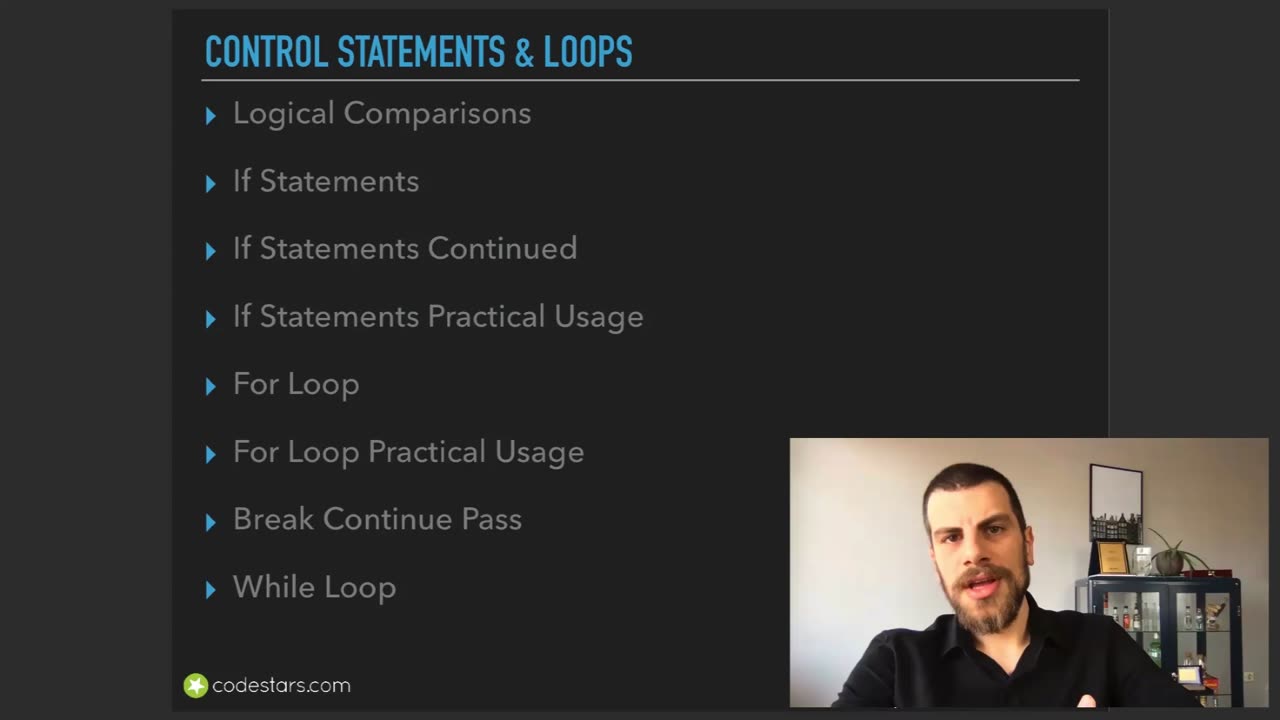Premium Only Content

Chapter-28, LEC-2 | Logical Comparison | #hacking #ethicalhacking #education
#ethicalhacking #hacking #rumble #virel #trending #education
Subscribe to our channel YouTube channel.❤️
/@thecybersecurityclassroom
Followe me on Rumble.💕
/@the1cybersequrityclassroom
#hacking #growthhacking #biohacking #ethicalhacking #lifehacking #whacking #hackingout #happyhacking #brainhacking #travelhacking #househacking #brainhackingum #hackingtools #bushwhacking #hacking_or_secutiy #porthacking #belajarhacking #hackinginstagram #growthacking #biohackingsecrets #realityhacking #neurohacking #hackingnews #funnelhacking #mindhacking #funnelhackinglive #hackinglife #termuxhacking #learnhacking #bodyhacking #patternhacking #biohackingsuccess #ikeahacking #hackingorsecurity #russianhacking #traumahacking #shackingup #hackinghealth #growthhackingtips #wifihacking
Logical comparison is a process of evaluating whether two or more values or expressions are equal, not equal, greater than, less than, greater than or equal to, or less than or equal to each other. It involves comparing the values or expressions using logical operators, such as equals to (==), not equals to (!=), greater than (>), less than (<), greater than or equal to (>=), and less than or equal to (<=).
Logical comparison is an important concept in programming and is used in a wide range of applications, such as sorting and searching algorithms, conditional statements, and loops. It allows programmers to make decisions based on the results of the comparison, enabling them to create more complex and sophisticated programs.
In summary, logical comparison is a fundamental concept in programming that allows values and expressions to be compared using logical operators to determine their relationship to one another. It is a crucial aspect of creating complex programs and is used extensively in a wide range of applications.
-
 LIVE
LIVE
Meisters of Madness
2 hours agoDark Souls 3 - A Campaign Signed in Blood
104 watching -
 57:57
57:57
Candace Show Podcast
5 hours agoJamaica Finally Sent Us Kamala’s Father’s Birth Certificate | Candace Ep 109
93.4K202 -
 24:50
24:50
Misha Petrov
2 hours agoReacting to YOUR Experiences With Leftist MELTDOWNS Over Trump’s Victory
16.9K13 -
 15:33
15:33
Silver Dragons
3 hours agoBullion Dealer Reveals How to Avoid "INFLATION TAX" With Silver and Gold
11.2K2 -
 20:53
20:53
SLS - Street League Skateboarding
3 days agoGold Medals, World Class Food, Night life & more - Get Lost: Tokyo
115K9 -
 4:55:39
4:55:39
Yefune Kenizi's [PC] Gaming
5 hours ago $1.23 earnedGTAO - Heists Week: Friday w/ GamingChad
20.5K4 -
 1:23:02
1:23:02
Baked Linguini's Home Channel
4 hours agoToads Wearing Sunglasses - Let's Play Battletoads in Battlemaniacs
35.2K3 -
 4:51:47
4:51:47
Akademiks
7 hours agoDiddy Last Stance! Bail Hearing Live! Lil Durk Case update! Young Thug not getting back his SH*T?
93.1K17 -
 1:03:01
1:03:01
In The Litter Box w/ Jewels & Catturd
1 day agoLegacy media CANNOT be trusted | In the Litter Box w/ Jewels & Catturd – Ep. 697 – 11/22/2024
67.5K32 -
 1:22:02
1:22:02
The Quartering
5 hours agoTrump BEATS NYC Felony Charges, New Woke Car Ads, WW3 Updates & More
89.5K61